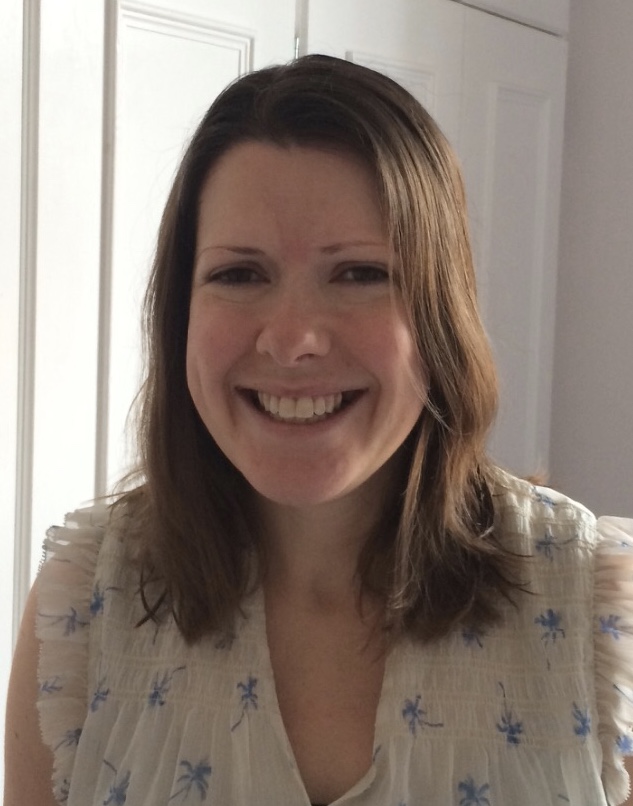Parent Voice 7
Victoria McConnachie – Ex-Teacher, Forest School Leader and Flexi-Schooling Parent

Victoria used to teach Early Years (Nursery and Reception) and Key Stage One (Year 1 & 2). As well as being a class teacher, she was a senior leader, early years coordinator, art coordinator and Forest School leader.
She stopped teaching when she had her children six years ago and currently doesn’t feel like she wants to go back into teaching because she says there are too many unnecessary pressures on teachers.
Why did you decide to leave the teaching profession?
I recall the moment I was teaching my nursery class and a child asked me to help him put his shoes on and I thought in my mind ‘I don’t have time for this’. Due to all the other tasks I had to do (other than actual teaching), I felt that I didn’t have time to help him. It was at that point I decided to leave full-time teaching as it saddened me that I could no longer be the teacher I wanted to be.
I love actual teaching but do not love the extra demands that goes with it (planning, meetings, assessments, meetings, reports, and some more meetings just to name a few). I did not have a good work/life balance when I was teaching and now I have a family I feel this would be impossible.
Why are you interested in progressive education?
For my own children I have a big interest in progressive education. Since having children, I have questioned the state system, in particular how I do not believe the curriculum focuses on the correct things in order to give children a rounded education for the world we live in now.
There is far too much focus put on literacy and numeracy too early in children’s lives and the downward pressure from government for children to achieve a certain level is counter-productive and damaging.
Prior to having children, at University I studied many different models of education and educational pioneers, but through my own children I have appreciated how precious childhood is.
My 5 year old daughter loves dancing, singing, painting, and creating artwork. “I want to be an artist when I’m older”, she will often proclaim. She will spend hours creating in her craft area at home with no desired learning outcome in mind. I feel in state schools these desires are not given the space and time to develop.
She currently flexi-schools (attends school part-time). At home she is able to learn through play and follow her own interests and she struggled with the formality of attending school full-time. Through having a balance of both learning at school and home she has more opportunity to be a child.
I would love to have the option to send my children to a school which embraces their joy for life and puts them at the centre and I believe it should be an option for every child.
In your opinion what are the main challenges of our current state school system?
It is politically run with too many tests, league tables and a prescriptive curriculum. Teachers need to be trusted to teach and to have more autonomy. I believe the state system is too concerned with the next step, pushing children forward to a learning outcome rather than just letting children be and enjoy the process.
You cannot test and measure enjoyment, dispositions of learning etc so it does not become the main focus. There is inadequate school funding and linked to this, schools struggle to retain teachers due to extra pressures on them and poor work/life balance.
What are state schools doing well?
I believe state schools as a concept are inclusive and can be accessible to all. They can offer children a sense of community through feeling part of school life.
If you could make changes to the state education system, what would be your top priorities?
Firstly, my top priority would be for children to start school at seven. Before this, children could then focus and develop the skills which they need to and would be more developmentally ready to learn to read, write etc. It would be to follow the example of countries like Sweden and Finland where prior to 7 children are able to learn through play in an environment with highly qualified staff.
Secondly it would be to abolish testing and league tables. It does more damage than good and narrows the curriculum by creating a culture of ‘teaching to the test.’ Teachers are highly skilled at using many forms of assessment which inform their daily teaching and help children to progress so need to be trusted to do this. The continuous testing of children in the current education system has had a huge impact on children’s mental health and PSHE lessons should be given precedence.
Thirdly it would be for a more self-guided curriculum. Where the interests of the child can be followed and they can learn more through play and real-life situations. Developing the whole child should be at the heart of the curriculum and in particular I feel children should be able to engage in more learning outdoors.

